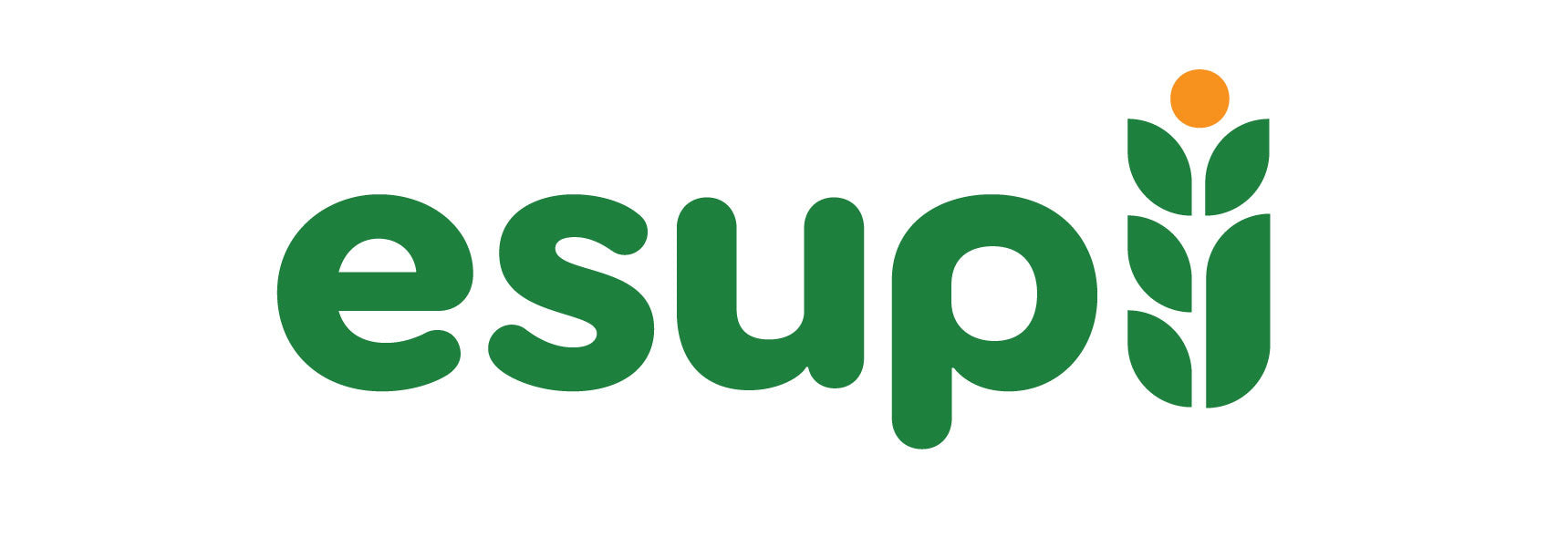Deficiency Disorders in Women: Understanding the Risks and Prevention Strategies (Ages 18-45)

Introduction:
A woman's body undergoes significant changes throughout her life, and from ages 18 to 45, it's crucial to pay attention to nutritional needs to maintain optimal health. Deficiency disorders can arise when the body lacks essential vitamins, minerals, and nutrients, leading to various health issues. In this blog, we will explore common deficiency disorders that women in the age group of 18 to 45 might face and offer valuable insights into prevention strategies.
Iron Deficiency Anemia:
Iron deficiency is a prevalent issue among women of childbearing age. Blood loss during menstruation and pregnancy increases the need for iron. Iron deficiency anemia can cause fatigue, weakness, and decreased immunity.
Prevention Strategies:
- Consume iron-rich foods such as red meat, poultry, fish, lentils, and fortified cereals.
- Pair iron-rich foods with vitamin C sources like citrus fruits to enhance absorption.
- Consider iron supplements under medical supervision if your iron levels are persistently low.
Calcium Deficiency:
Calcium is essential for bone health and muscle function. Inadequate calcium intake can lead to osteoporosis and weakened bones, making women more susceptible to fractures.
Prevention Strategies:
- Include dairy products, leafy green vegetables, almonds, and fortified foods in your diet.
- Engage in weight-bearing exercises to promote bone density.
- Consider calcium supplements if you have limited dairy intake, but consult a healthcare provider first.
Vitamin D Deficiency:
Vitamin D plays a vital role in bone health, immunity, and mood regulation. Deficiency can lead to weakened bones and an increased risk of infections.
Prevention Strategies:
- Spend time outdoors in sunlight, a natural source of vitamin D.
- Include fatty fish, egg yolks, and fortified foods in your diet.
- Consider vitamin D supplements, especially if you have limited sun exposure, but consult a healthcare provider for proper dosage.
Folate Deficiency:
Folate, or vitamin B9, is essential for DNA synthesis and cell growth. Deficiency during pregnancy can lead to neural tube defects in newborns.
Prevention Strategies:
- Consume folate-rich foods such as leafy greens, citrus fruits, beans, and fortified grains.
- If planning a pregnancy, take a prenatal vitamin containing folic acid to prevent birth defects.
Iodine Deficiency:
Iodine is crucial for thyroid function, which regulates metabolism. Deficiency can lead to thyroid disorders and related health issues.
Prevention Strategies:
- Use iodized salt in cooking to ensure sufficient iodine intake.
- Consume seafood, dairy products, and fortified foods rich in iodine.
Protein Deficiency:
Protein is essential for muscle repair, immune function, and hormone production. Inadequate protein intake can lead to muscle weakness and compromised immunity.
Prevention Strategies:
- Include a variety of protein sources in your diet, such as lean meats, fish, poultry, eggs, dairy products, legumes, and nuts.
- Opt for plant-based protein options like tofu and quinoa for variety.
Conclusion:
Deficiency disorders can significantly impact a woman's health and well-being, affecting both physical and mental aspects of life. By being aware of these potential deficiencies and adopting a balanced, nutrient-rich diet, women between the ages of 18 to 45 can take proactive steps to prevent these issues. Regular health check-ups, open communication with healthcare providers, and a focus on a wholesome diet can go a long way in ensuring optimal health and vitality during this crucial stage of life. Remember, every woman is unique, so consulting a healthcare professional for personalized advice is always a wise choice to address specific health concerns.


